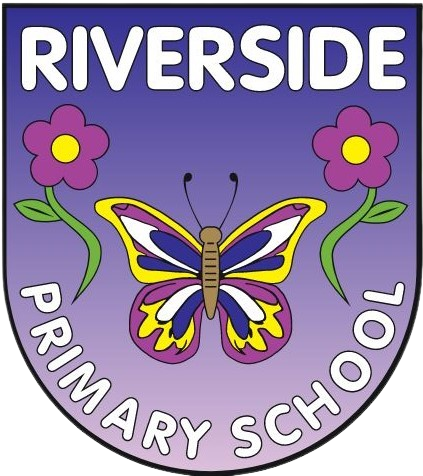History
At Riverside, we develop our children to be the next generation of historians. By linking learning to a range of topics, children have opportunities to investigate and interpret the past, understand chronology, build an overview of Britain’s past as well as that of the wider world, and to be able to communicate historically.
We develop children with the following essential characteristics to help them become historians:
- An excellent knowledge and understanding of people, events and contexts from a range of historical periods, including significant events in Britain’s past;
- The ability to think critically about history and communicate ideas confidently to a range of audiences;
- The ability to support, evaluate and challenge their own and others’ views using historical evidence from a range of sources;
- The ability to think, reflect, debate, discuss and evaluate the past by formulating and refining questions and lines of enquiry;
- A respect for historical evidence and the ability to make critical use of it to support their learning;
- A desire to embrace challenging activities, including opportunities to undertake high-quality research across a range of history topics;
- A developing sense of curiosity about the past and how and why people interpret the past in different ways.
Early Years Foundation Stage
Within the Foundation Stage (Nursery and Reception), the Early Years Foundation Stage Framework is followed. The ‘History’ aspect of the curriculum is followed through the area 'Understanding the World' and 'Past and Present'.
History teaching is integrated into the overall topics or themes of the half term. During EYFS, children learn to:
- Talk about members of their immediate family and community.
- Name and describe people who are familiar to them.
- Comment on images of familiar situations from the past.
- Compare and contrast characters from stories including figures from the past.
Key Stage 1
During Key Stage 1 pupils will learn about people’s lives and lifestyles. They will find out about significant men, women, children and events from the recent and more distant past, including those from both Britain and the wider world. They will listen and respond to stories and use sources of information to help them ask and answer questions. They will learn how the past is different from the present.
Pupils should develop an awareness of the past, using common words and phrases relating to the passing of time. They should know where the people and events they study fit within a chronological framework and identify similarities and differences between ways of life in different periods. They should use a wide vocabulary of everyday historical terms. They should ask and answer questions, choosing and using parts of stories and other sources to show that they know and understand key features of events. They should understand some of the ways in which we find out about the past and identify different ways in which it is represented.
Key Stage 2
In Key Stage 2, pupils should continue to develop a chronologically secure knowledge and understanding of British, local and world history, establishing clear narratives within and across the periods they study. They should note connections, contrasts and trends over time and develop the appropriate use of historical terms. They should regularly address and sometimes devise historically valid questions about change, cause, similarity and difference, and significance. They should construct informed responses that involve thoughtful selection and organisation of relevant historical information. They should understand how our knowledge of the past is constructed from a range of sources.
